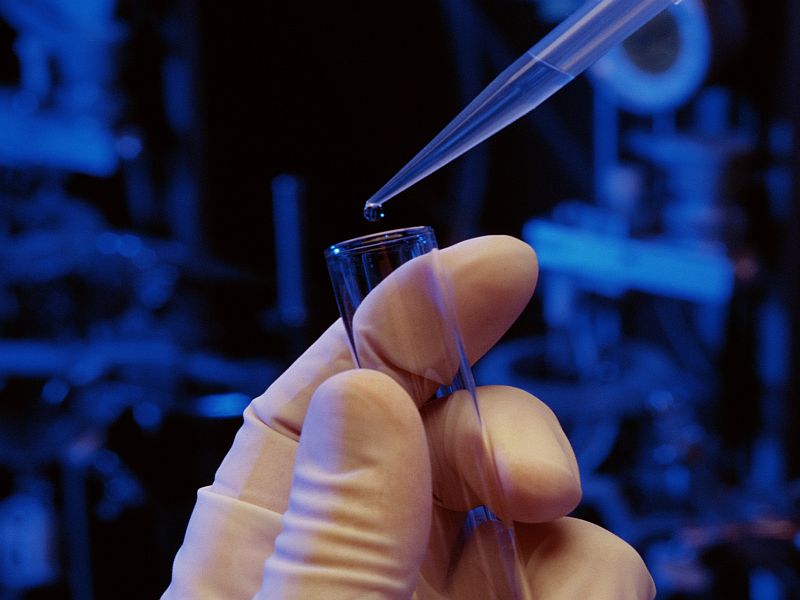Gene Tweaking Prevented Obesity in Mice

FRIDAY, Dec. 14, 2018 (HealthDay News) -- A modified version of the CRISPR gene-editing technique could help fight obesity without having to alter any genes, a new study in mice suggests.
CRISPR, an acronym for a family of DNA sequences, generally involves cutting or editing DNA to correct genetic defects that cause disease.
This new technique boosts the activity of certain genes and prevented severe obesity in mice genetically altered to be susceptible to extreme weight gain.
No editing changes were made to any genes to achieve long-lasting weight control in the mice, according to the researchers at the University of California, San Francisco (UCSF).
"Though this particular study focused on obesity, we believe our system could be applied to any situation in which having only one functional copy of a gene leads to disease," said study senior author Nadav Ahituv, a professor of bioengineering and therapeutic sciences at UCSF.
"Our method demonstrates tremendous therapeutic potential for numerous diseases, and we show that we can achieve these benefits without making any edits to the genome," Ahituv added in a university news release.
However, animal research does not always pan out in humans.
The technology used in the study is called CRISPRa ("a" for activation) and was developed at UCSF. Unlike conventional CRISPR, this approach does not make changes to genes, but instead increases the activity of targeted genes.
In this case, the researchers used CRISPRa to amplify the activity of two genes -- SIM1 and MC4R -- that are important in regulating hunger and feeling full.
When both copies of these genes are functioning, people are able to control their food intake. But mutations can result in one copy being nonfunctional, and a single working copy is not sufficient to control appetite.
The mice in the study had only one functional copy of each gene, but CRISPRa increased the activity of the single genes to a level comparable to that of two working genes.
"The results were dramatic. Mice that were missing one copy of the SIM1 gene received the CRISPRa injections at 4 weeks of age and maintained a healthy body weight like normal mice. Mice that didn't receive CRISPRa injections couldn't stop eating," said study author Navneet Matharu, a researcher in Ahituv's UCSF lab.
The CRISPRa-treated mice were 30 to 40 percent lighter than untreated mice, and a single CRISPRa treatment maintained a healthy weight in mice for the entire 10 months they were monitored.
"These results demonstrate that CRISPRa can be used to up the dosage of genes in diseases that result from a missing copy, providing a potential cure for certain forms of obesity as well as hundreds of other diseases," Matharu added.
The study was published Dec. 13 in the journal Science.
More information
The U.S. Centers for Disease Control and Prevention has more on overweight and obesity.

The news stories provided in Health News and our Health-E News Newsletter are a service of the nationally syndicated HealthDay® news and information company. Stories refer to national trends and breaking health news, and are not necessarily indicative of or always supported by our facility and providers. This information is provided for informational and educational purposes only, and is not intended to be a substitute for medical advice, diagnosis, or treatment.

